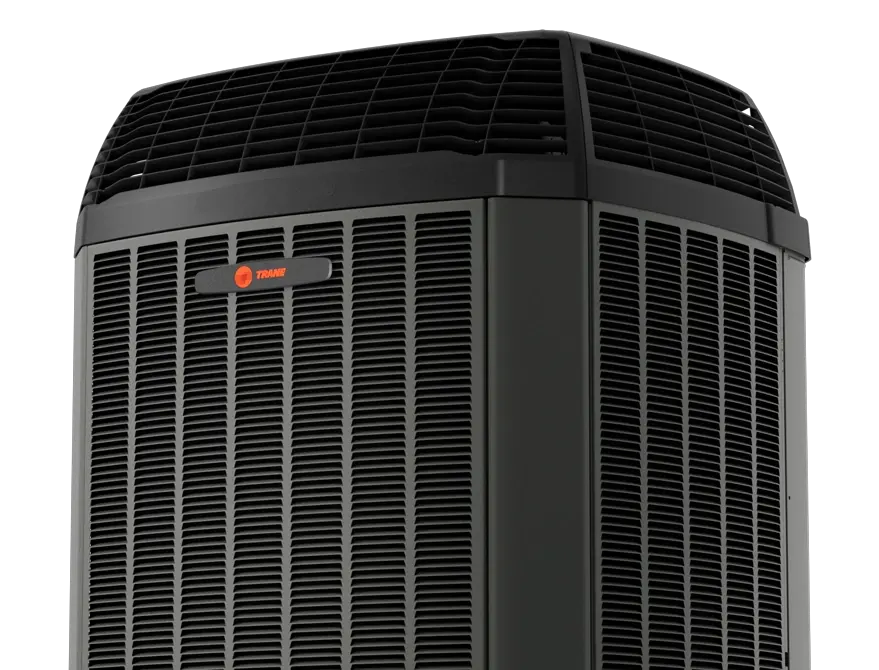Why Heat Pump Repair is Essential for Every Homeowner: A Comprehensive Guide
As a homeowner, maintaining a comfortable and energy-efficient living space is crucial. One of the most effective ways to achieve this is by ensuring your heat pump system is in top working condition. Heat pumps are an excellent alternative to traditional HVAC systems, providing both heating and cooling functions while being environmentally friendly. However, like any mechanical system, heat pumps require regular maintenance and repair to function optimally. In this article, we’ll explore the importance of heat pump repair and why it’s essential for every homeowner.
What is a Heat Pump?
Before we dive into the importance of heat pump repair, let’s first understand what a heat pump is. A heat pump is a device that transfers heat from one location to another, providing both heating and cooling functions. It works by circulating a refrigerant through a system of coils, which absorbs heat from the outside air and transfers it to the indoor space during the winter. In the summer, the process is reversed, and the heat pump removes heat from the indoor space and releases it outside.
Why Heat Pump Repair is Essential
Heat pumps are an excellent choice for homeowners looking to reduce their energy consumption and carbon footprint. However, they require regular maintenance and repair to function efficiently. Here are some reasons why heat pump repair is essential:
- Energy Efficiency: A well-maintained heat pump system can save you up to 50% on your energy bills. However, a malfunctioning system can lead to increased energy consumption, resulting in higher bills. Regular repair and maintenance ensure your heat pump system runs efficiently, reducing your energy costs.
- Extended System Life: Heat pumps are designed to last for 15-20 years. However, neglecting regular maintenance and repair can reduce their lifespan. By addressing issues promptly, you can extend the life of your heat pump system and avoid costly replacements.
- Improved Indoor Air Quality: Heat pumps can improve indoor air quality by removing allergens, bacteria, and other pollutants from the air. However, a malfunctioning system can circulate contaminated air, compromising indoor air quality. Regular repair and maintenance ensure your heat pump system is functioning properly, providing a healthier indoor environment.
- Reduced Downtime: Heat pumps are designed to provide continuous operation. However, a malfunctioning system can leave you without heating or cooling, especially during extreme weather conditions. Regular repair and maintenance reduce the likelihood of downtime, ensuring your home remains comfortable and energy-efficient.
- Increased Property Value: A well-maintained heat pump system can increase your property value. Potential buyers are often attracted to homes with energy-efficient systems, making heat pump repair an essential investment for homeowners looking to sell their property.
- Environmental Benefits: Heat pumps are an environmentally friendly alternative to traditional HVAC systems. By reducing energy consumption and carbon emissions, heat pumps contribute to a cleaner and healthier environment. Regular repair and maintenance ensure your heat pump system continues to operate efficiently, minimizing its environmental impact.
Common Heat Pump Repair Issues
Heat pumps are complex systems, and issues can arise from various components. Here are some common heat pump repair issues:
- Refrigerant Leaks: Refrigerant leaks can occur due to worn-out seals, damaged coils, or improper installation. Leaks can reduce the system’s efficiency and increase energy consumption.
- Faulty Thermostats: A malfunctioning thermostat can prevent your heat pump system from functioning properly. Common issues include faulty temperature sensors, wiring problems, or incorrect thermostat settings.
- Clogged Air Filters: Dirty or clogged air filters can reduce airflow, leading to reduced system efficiency and increased energy consumption. Regular filter cleaning or replacement is essential to maintain optimal system performance.
- Faulty Compressors: Compressor failure is a common issue in heat pumps. Symptoms include reduced airflow, increased energy consumption, or complete system failure.
- Coil Issues: Dirty or damaged coils can reduce heat transfer, leading to reduced system efficiency and increased energy consumption. Regular cleaning or replacement of coils is essential to maintain optimal system performance.
How to Perform Heat Pump Repair
Heat pump repair requires specialized knowledge and equipment. It’s essential to hire a licensed and experienced HVAC technician to perform repairs. Here are some steps to follow:
- Identify the Issue: The first step in heat pump repair is to identify the issue. A licensed technician will inspect the system, diagnose the problem, and provide a detailed estimate for the repair.
- Disassemble the System: The technician will disassemble the system to access the faulty component. This may involve removing panels, coils, or other components.
- Replace or Repair the Component: The technician will replace or repair the faulty component, ensuring the system is functioning properly.
- Reassemble the System: Once the repair is complete, the technician will reassemble the system, ensuring all components are securely fastened and functioning properly.
- Test the System: The technician will test the system to ensure it’s functioning efficiently and effectively.
Heat pump repair is essential for every homeowner. Regular maintenance and repair can extend the life of your heat pump system, reduce energy consumption, and improve indoor air quality. By understanding common heat pump repair issues and following the steps outlined in this article, you can ensure your heat pump system is functioning optimally. Remember to hire a licensed and experienced HVAC technician to perform repairs, and don’t hesitate to contact a professional if you notice any issues with your heat pump system.


